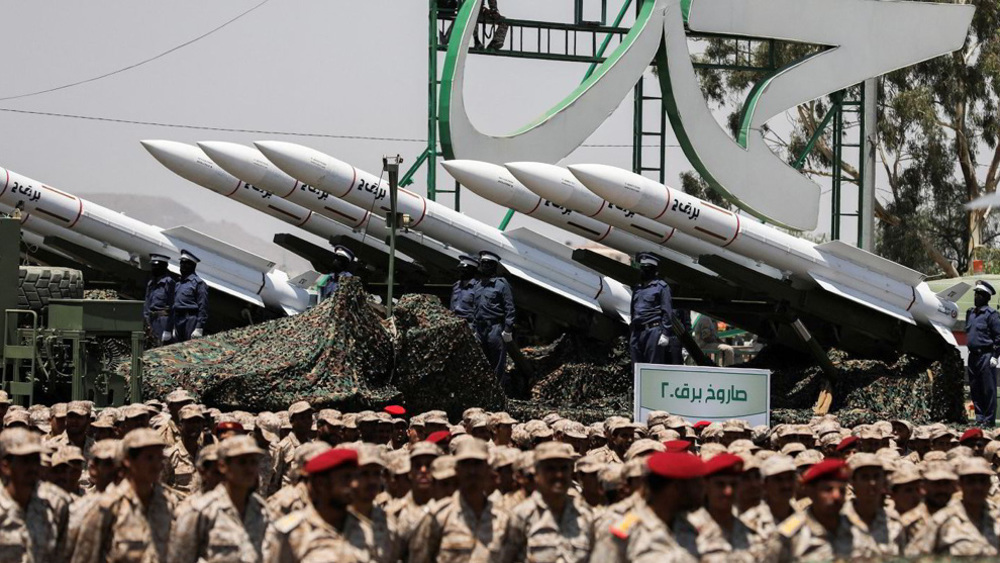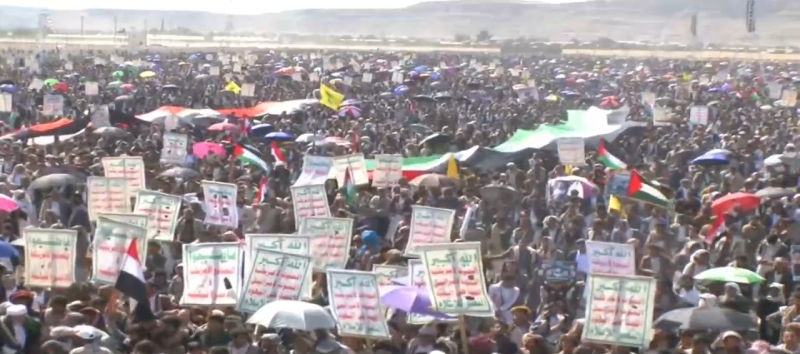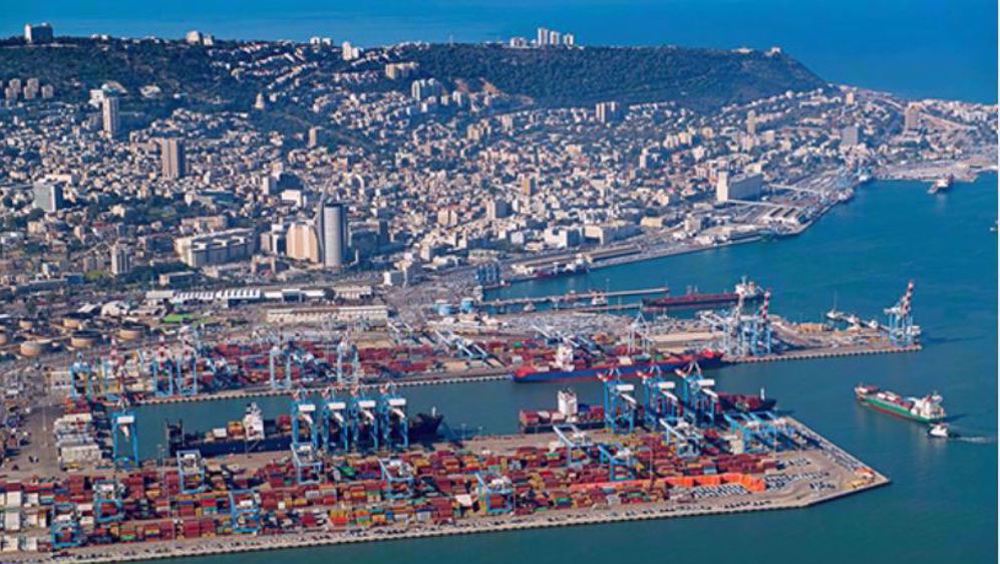Saudi Arabia says will lift its siege of Yemen air, sea ports
Saudi Arabia’s mission to the United Nations says Riyadh and its allies will reopen airports and seaports in Yemen which is already facing a dire humanitarian situation in the face of a crippling blockade.
The announcement came after the UN and more than 20 aid groups strongly denounced the blockade, warning that it could bring millions of people closer to "starvation and death."
"The first step in this process will be taken within 24 hours and involves reopening all the ports in areas controlled by" the Riyadh-backed former Yemeni government, the mission said in a statement on Monday. Those ports are in Aden, Mocha and Mukalla in southern Yemen.
Early this month, Saudi Arabia announced that it was shutting down Yemen’s air, sea, and land borders, after Yemeni fighters targeted an international airport near the Saudi capital with a cruise missile.
For the ports in Houthi-controlled areas, including Hudaydah, the Saudi mission said that it had asked the UN to send a team of experts to discuss ways to stop what it called weapons smuggling into Yemen.
Saudi Arabia hopes that will prevent "the smuggling of weapons, ammunitions, missile parts and cash that are regularly being supplied by Iran and Iranian accomplices to the Houthi rebels," the statement claimed.
On Sunday, the Houthi Ansarullah movement threatened to strike warships and oil tankers of Saudi Arabia and its allies in the war in retaliation for the blockade imposed on the Yemeni ports, particularly the southwestern port of Hudaydah.

Meanwhile, thousands of Yemeni people on Monday staged a protest in front of the UN headquarters in the capital Sana’a against the Saudi blockade and the closure of the country’s land, air and sea ports.
Saudi Arabia has been incessantly pounding Yemen since March 2015 in an attempt to crush Ansarullah and reinstate former president Abd Rabbuh Mansur Hadi, who is a staunch ally of the Riyadh regime.
More than 12,000 people have been killed since the onset of the campaign more than two and a half years ago. Much of the Arabian Peninsula country's infrastructure, including hospitals, schools and factories, has been reduced to rubble due to the war.
Another 2,100 people have died of cholera since April as hospitals struggle to secure basic supplies across the country.
48-year-old Palestinian man serving 48 life terms completes 22 years in Israeli jails
From MKO to Tondar, how Germany became safe haven for anti-Iran terror groups
Hamas open to any proposal aiming to end Gaza war: Hamdan
Role of private sector in Iran’s thriving space industry
Four Palestinians killed in Israeli strikes on West Bank
Iran warns of ‘calculated, precise’ response to Israeli aggression
After year-long genocide, Israeli military hires private firms to flatten buildings in Gaza
Malaysia working on resolution to expel Israel from United Nations















 This makes it easy to access the Press TV website
This makes it easy to access the Press TV website